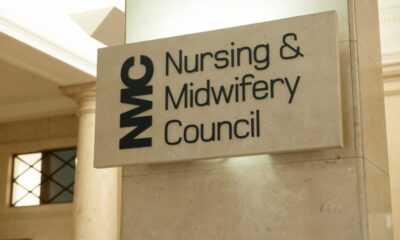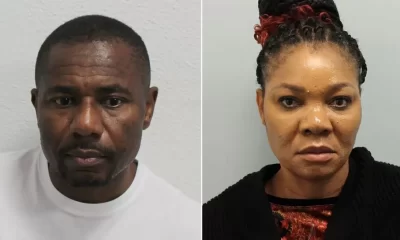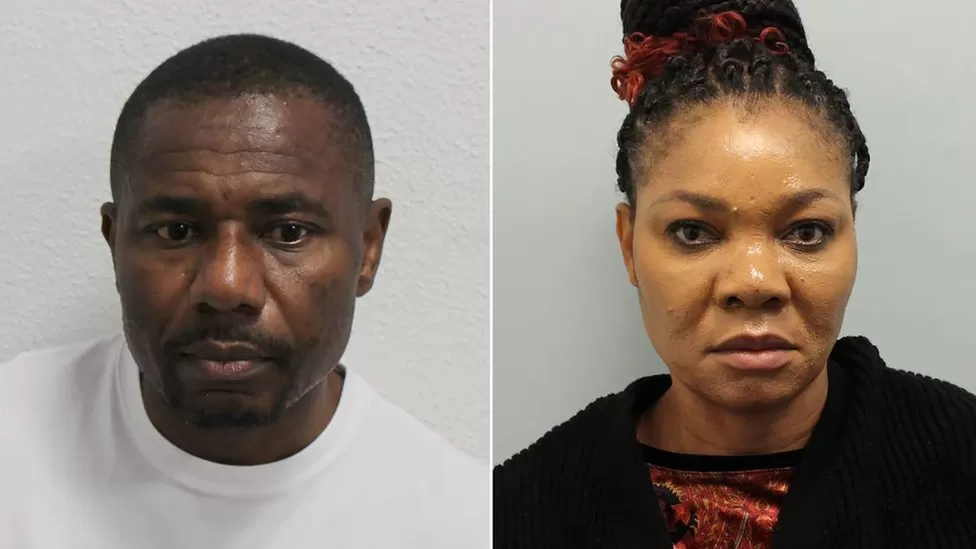From Lagos to Port Harcourt, Nigerians say they are worried about how they will feed their families as various state governments begin enforcing mandatory shutdowns due to coronavirus.
The normally busy markets throughout Lagos has been hollowed out and the notoriously clogged streets have suddenly become free as families stay home.
In Lagos, as in most southern towns, enforcing the stay-at-home order is a herculean task.
In Lagos alone where over 20 million reside, the government say they are having a difficult time enforcing the rule but Lagos state government has told residents to stay home with their families.
They have restricted gatherings, closed schools, bars, restaurants, forced workers to work from home, closed markets and other shops in attempts to limit the spread of COVID-19.
Our reporters went around the streets of Lagos, Benin City, Port Harcourt, Abeokuta and other cities and observed that while some cities appear to be following their state’s shutdown policies, others are not.
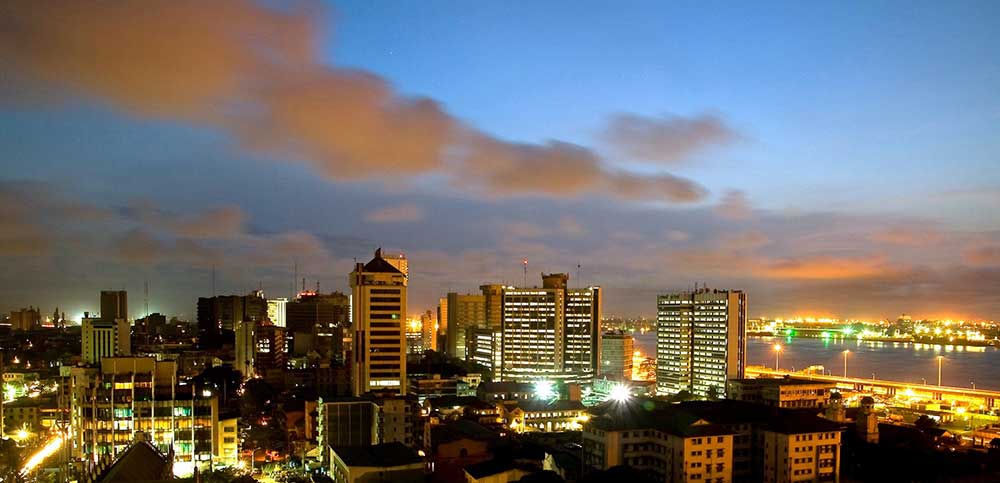
Lagos, Nigeria
In Ibadan, Benin City and Abeokuta, our reporters saw families going about their daily activities but in Lagos and Port Harcourt, the streets appeared deserted.
Rotimi Oyedepo owns a chemical store that was closed by the police in Lagos, and he said he is worried that he might not feed his family if the shutdown lasts longer than a week.
“It will not be easy for us to survive — but there is nothing that we can do,” the 47-year-old father of four said.
According to recent data, nearly 90 million Nigerians live in poverty and experts say limiting their ability to earn a living even for a week could cause tremendous hardship.
“We can’t stay (away from work) more than one week,” Oyedepo said.
“By Monday, Tuesday, in one week everyone will come out to do what they need to survive.”
‘I beg God,’ he added while clasping his hands together as in prayers.
Dauda Ali, 24, a building materials dealer in Lagos said he is also finding it difficult to feed his family since his store was closed.
“I sell building materials and since the government said we should not open, I am not finding it easy to feed my family,” he said.
“I want government to provide some relief to those who are unable to do anything because of the restrictions.”
“Our suppliers are not coming again and customers are coming daily,” said Lagos fruit seller Ismail Yahaya.
“I beg God to stop this disease. It is bad for business.”
In Port Harcourt, a young man who identified himself as John Obi said the shutdown has been devastating to his family.
“Not just only me. My family and friends. What are we going to do? How are we going to feed our families?” he asked.
Lagos state governor Babajide Sanwo-Olu has announced that his government will soon distribute a “stimulus package” of two weeks food supply to only 200,000 households.
He urged Lagosians to stay home writing on Twitter: “Please stay home with your loved ones. We want the best for you.”
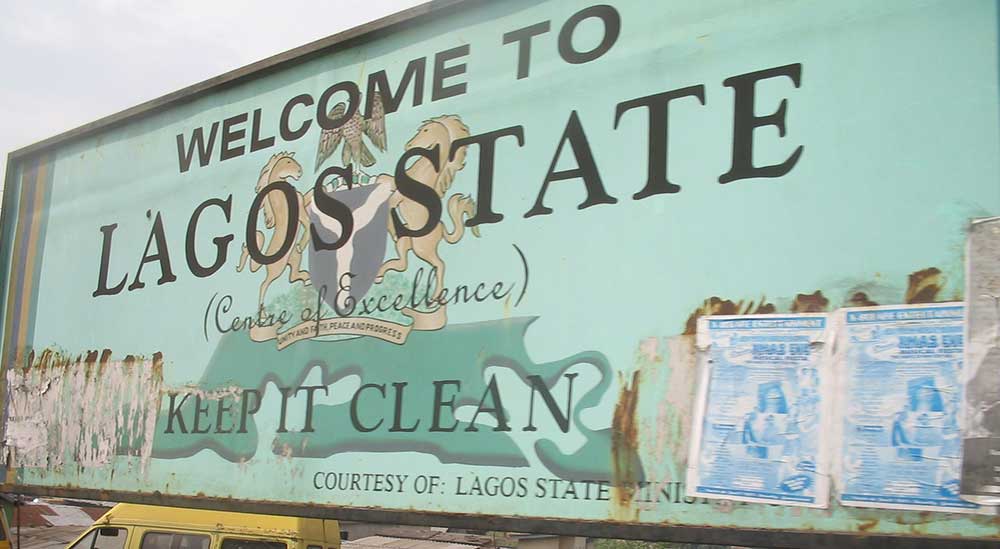

 Other News6 years ago
Other News6 years ago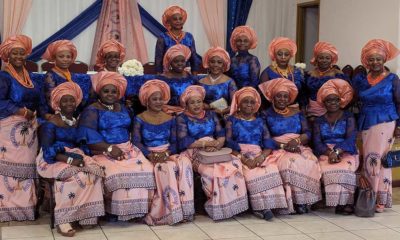
 Community Events6 years ago
Community Events6 years ago
 Business & Technology5 years ago
Business & Technology5 years ago
 Community Events6 years ago
Community Events6 years ago
 Entertainment & Fashion6 years ago
Entertainment & Fashion6 years ago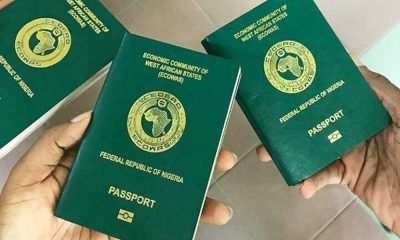
 Community Events5 years ago
Community Events5 years ago
 Community Events6 years ago
Community Events6 years ago
 Community Events6 years ago
Community Events6 years ago




